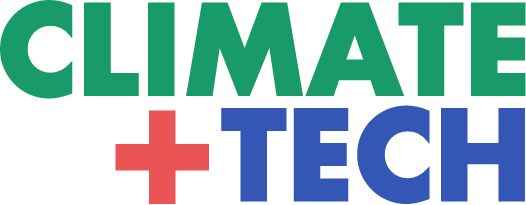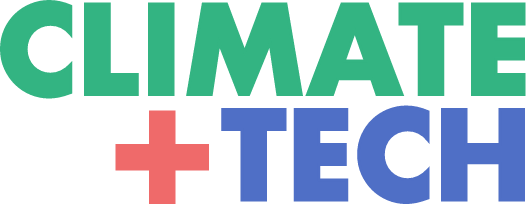Navigate the complex landscape of AI tools with our expert guide tailored for sustainability professionals.
Choosing the Right AI Tools for Sustainability: A Professional's Guide
Choosing the right AI tools for sustainability is crucial for professionals who are serious about integrating technology into their environmental initiatives. Here are 10 key points to consider when selecting AI tools, along with potential pitfalls and best practices:
-
Define Clear Objectives: Clearly articulate your sustainability goals to ensure the AI tools you adopt are aligned with your objectives and can effectively support your environmental strategies.
-
Assess Data Quality: High-quality, relevant data is essential for the success of AI tools. Verify that you have robust data sources to prevent the pitfalls of poor data quality affecting your outcomes.
-
Consider Tool Scalability and Avoid Vendor Lock-In: Choose AI tools that can grow with your sustainability projects, handling increased data volumes and complexity. Additionally, ensure that the tools do not lead to vendor lock-in, allowing you and your data analytics team the flexibility to build your own solutions on top of the chosen tools.
-
Evaluate Integration Capabilities: Seamless integration with your current systems is crucial. Select AI tools that complement and easily connect with your existing infrastructure to avoid unnecessary expenses and delays.
-
Check for Customization and Extensibility: Seek out AI tools that offer customization options to meet your unique sustainability requirements. The tools should also be extensible, enabling your team to develop and add functionalities as your needs evolve.
-
Understand the Costs: Look beyond the initial investment to consider the total cost of ownership, including maintenance, updates, and any additional services that may be required over time.
-
Review Security Measures: Data security is critical. Ensure that the AI tools you select adhere to the latest data protection regulations and industry security standards to safeguard your information.
-
Analyze the Vendor’s Expertise and Commitment to Open Standards: Evaluate the vendor’s track record in sustainability and their understanding of the sector’s challenges. The vendor should also be committed to open standards, which supports interoperability and reduces the risk of vendor lock-in.
-
Look for User-Friendly Interfaces: User adoption is key to the success of any tool. Opt for AI solutions with intuitive interfaces that encourage engagement and ease of use among your team members.
-
Prioritize Continuous Learning and Adaptability: Invest in AI tools that continuously learn and adapt over time, ensuring they remain relevant and valuable as your sustainability initiatives and the broader environmental context change.
In addition to the tools mentioned above, sustainability professionals should consider personal AI tools that can enhance their productivity and decision-making capabilities. One such tool is ChatGPT, an AI-driven chatbot that can assist with a variety of tasks, including:
- Research Assistance: ChatGPT can help you quickly gather information on sustainability topics, trends, and best practices.
- Idea Generation: Use ChatGPT to brainstorm ideas for sustainability projects or initiatives.
- Drafting Reports: ChatGPT can assist in drafting reports or presentations on sustainability-related work, saving you time on initial drafts.
- Language Translation: If you work in a multilingual environment, ChatGPT can help translate documents or communications.
- Learning and Development: ChatGPT can be a learning tool, providing explanations on complex topics related to sustainability and AI.
To integrate ChatGPT or similar AI personal tools into your workflow, consider the following steps:
- Identify Specific Use Cases: Determine the tasks for which ChatGPT could be most beneficial in your role as a sustainability professional.
- Set Up the Tool: Create an account or access the tool through your preferred platform, and customize the settings to suit your needs.
- Learn Best Practices: Familiarize yourself with the capabilities and limitations of the tool to use it effectively.
- Ensure Data Privacy: When using AI tools like ChatGPT, be mindful of data privacy and avoid sharing sensitive information.
- Incorporate into Daily Routine: Integrate the tool into your daily workflow to enhance your productivity and support your sustainability efforts.
By leveraging personal AI tools such as ChatGPT, sustainability professionals can streamline their work, foster innovation, and make more informed decisions.
By taking these factors into account, sustainability professionals can make well-informed choices when selecting AI tools, steering clear of common traps and following best practices for a sustainable future that leverages the power of artificial intelligence.
Expand Your AI and Sustainability Expertise
Ready to take your sustainability leadership to the next level with AI? Join our specialized training and workshops designed for senior sustainability professionals.
import BlogPostsByTag from ’~/components/widgets/BlogPostsByTag.astro’

